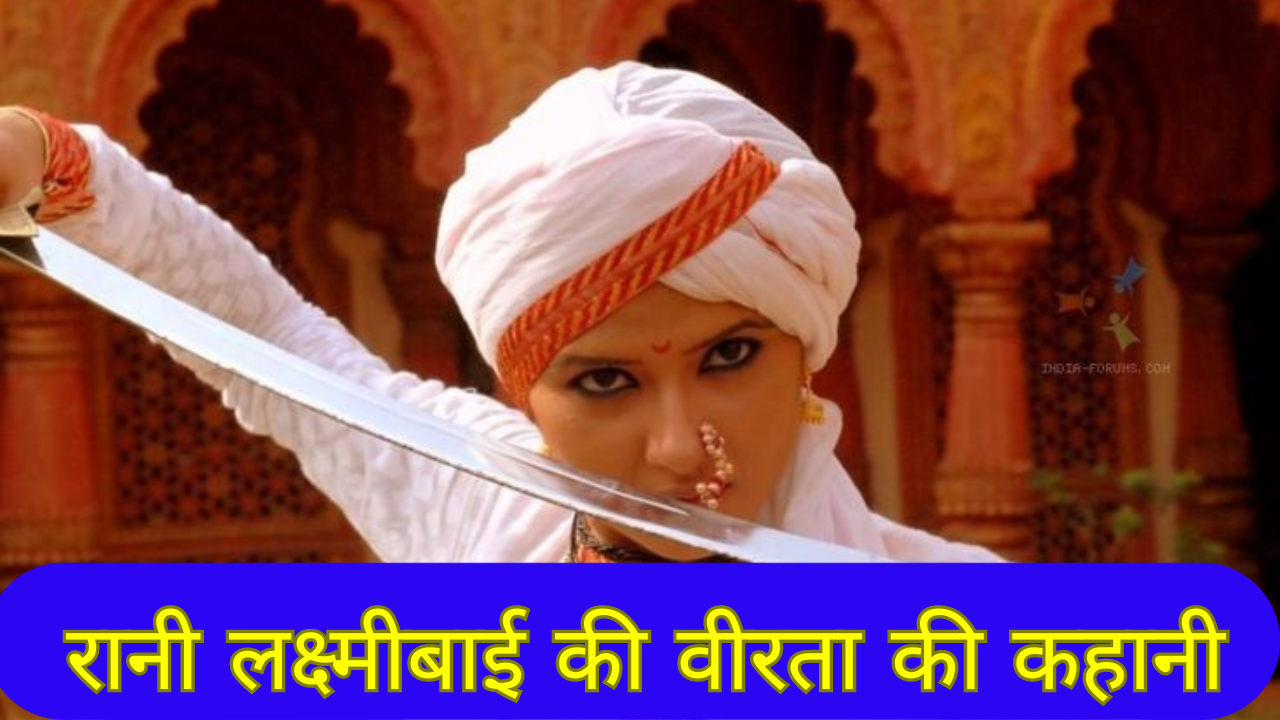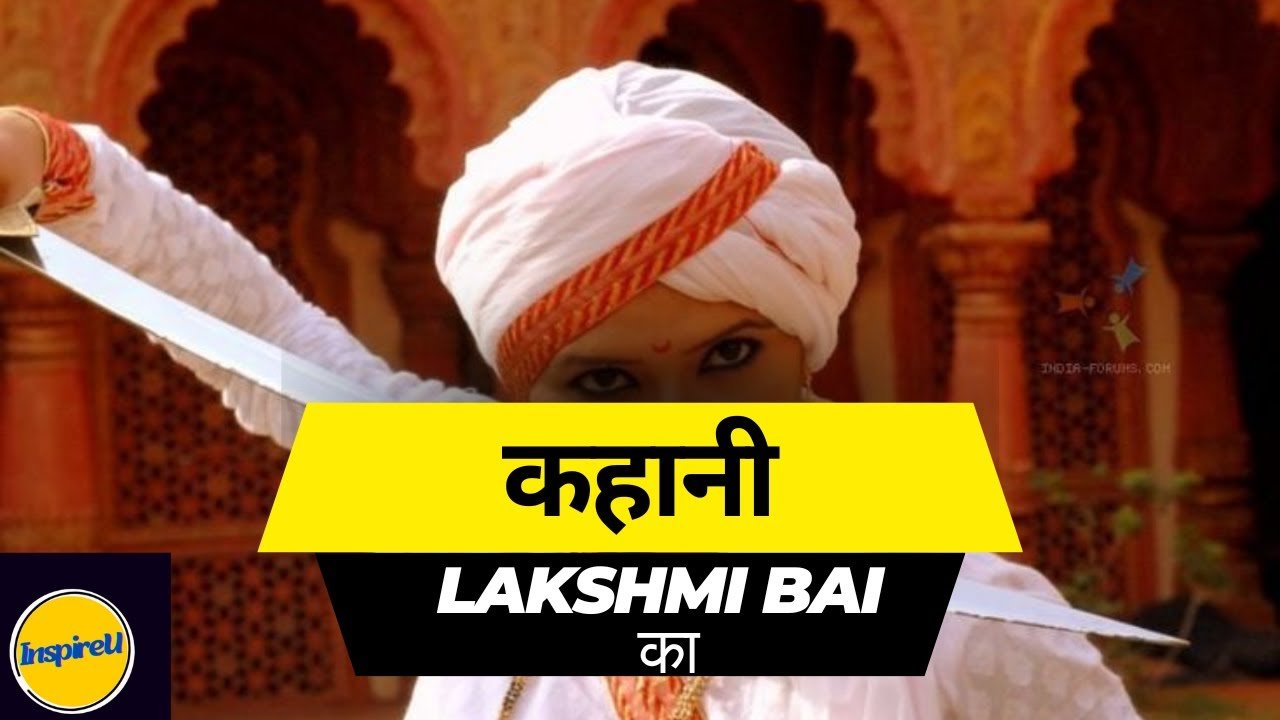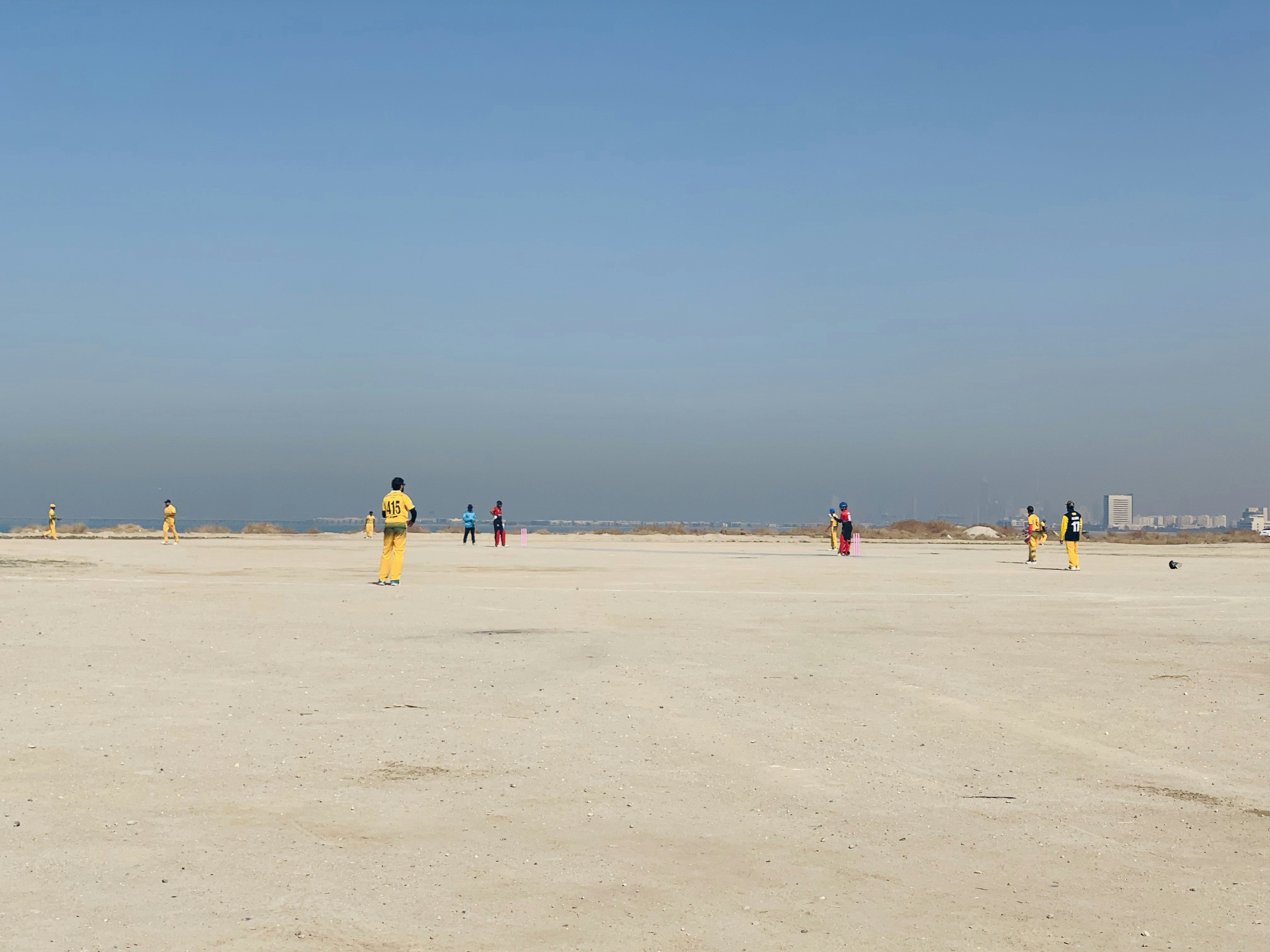Rani Laxmi Bai: The Fearless Queen of Jhansi
Rani Laxmi Bai, famously known as the Queen of Jhansi, is one of the most celebrated women in Indian history. She is remembered as a symbol of courage, patriotism, and resistance against British rule during the First War of Independence in 1857. Her bravery and determination made her a legendary figure, inspiring generations with her immortal words: “Main apni Jhansi nahi doongi” (I will not give up my Jhansi).
Early Life
Birth Name: Manikarnika Tambe (nicknamed Manu)
Date of Birth: 19 November 1828
Place of Birth: Varanasi (then Kashi), India
Parents: Moropant Tambe and Bhagirathi Sapre
Manikarnika was born into a Marathi Brahmin family. From a young age, she displayed unusual courage and intelligence. She grew up learning horse riding, sword fighting, and martial arts—skills uncommon for women of her time.
Marriage and Becoming the Queen of Jhansi
In 1842, at the age of 14, Manikarnika was married to Maharaja Gangadhar Rao, the ruler of Jhansi, and was given the name Laxmi Bai after Goddess Laxmi. She soon became an integral part of the royal court and earned respect for her wisdom and strength.
Personal Struggles and Adoption
Rani Laxmi Bai and Gangadhar Rao had a son in 1851, but he died after just a few months. Later, they adopted a boy named Damodar Rao as their heir. However, after Maharaja Gangadhar Rao passed away in 1853, the British East India Company refused to recognize Damodar Rao as the legal successor. Under the Doctrine of Lapse, they annexed Jhansi, leaving Rani Laxmi Bai determined to resist.
Role in the Revolt of 1857
When the Indian Rebellion of 1857 broke out, Rani Laxmi Bai became one of its leading figures. She refused to surrender Jhansi and prepared for battle.
She organized her own army, which included both men and women.
She displayed remarkable leadership, motivating her troops to fight against the British.
Her military strategies and courage stunned the British, earning her admiration even from her enemies.
In 1858, she joined forces with other freedom fighters like Tatya Tope and Nana Saheb to continue resisting British advances.
Heroic Death
On 18 June 1858, during the battle of Gwalior, Rani Laxmi Bai fought fearlessly against the British forces. Dressed as a soldier and wielding her sword, she fought until her last breath. She became a martyr at the young age of 29, but her sacrifice left an indelible mark on Indian history.
Legacy of Rani Laxmi Bai
She is hailed as one of the first women freedom fighters of India.
Her valor and patriotism are celebrated in folk songs, poems, and literature across India.
Statues and memorials have been erected in her honor in Jhansi and other parts of the country.
She remains a national icon and a source of inspiration for women empowerment and patriotism.
Famous Quote
“Khoob ladi mardani, woh toh Jhansi wali Rani thi.”
(She fought valiantly, she was the Queen of Jhansi.)
This line from the poem by Subhadra Kumari Chauhan immortalized Rani Laxmi Bai in Indian culture.
Conclusion
Rani Laxmi Bai was more than just a queen; she was a fearless warrior and a symbol of resistance against oppression. Her story is a shining example of bravery, sacrifice, and love for the motherland. Even today, she continues to inspire millions with her unyielding spirit and dedication to freedom.
रानी लक्ष्मीबाई, भारतीय इतिहास की एक महान वीरांगना थीं। उनकी कहानी वीरता और साहस की उदाहरण है। वह नागरिक और स्वतंत्रता सेनानी के रूप में अपने देश के लिए लड़ी और शहीद हुईं।
रानी लक्ष्मीबाई का जन्म 19 नवंबर 1828 को वाराणसी में हुआ था। उनके पिता का नाम मोरोपंत ताम्बे था और माता का नाम भागीरथीबाई था। उन्हें बचपन से ही शस्त्र-शस्त्रास्त्र का ज्ञान था और उन्होंने स्वतंत्रता संग्राम सेना में अपनी योगदान दिया।
रानी लक्ष्मीबाई ने जब अंग्रेजों की द्वारा अपने राज्य झाँसी पर कब्जा किया गया तो उन्होंने बहादुरी से लड़ाई दी। वह अपने साथियों के साथ अंग्रेजों के खिलाफ जंग लड़ी और अपने राज्य की रक्षा की। उन्होंने बहादुरी से लड़ते हुए शहीद होने का अवसर भी देखा।
रानी लक्ष्मीबाई की वीरता और साहस की कहानी हमें यह सिखाती है कि नारी शक्ति को कोई भी रोक नहीं सकता। वह देश की रक्षा के लिए अपने प्राणों की आहुति देने को तत्पर थीं। उनकी वीरता और साहस को हम सदैव याद रखेंगे।



Leave a Reply